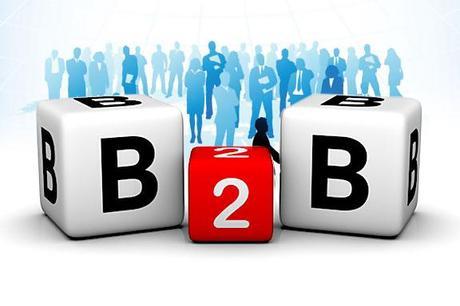Many companies make the mistake of assuming that b2b marketing products are bolt-on items that anybody on their team can deploy on demand. Eventually, they come to the realization that a good CRM effort is not as easy as it looks from the outside, and they start casting around for a way out of the morass they blundered into with their assumption.
While many understand the general operational principles of b2b marketing products, this is a far cry from being able to utilize them in a way that ends up paying for the investment. Like many other growing Internet business trends, Customer Relations Management is one of those things that sounds suspiciously like a buzzword phrase designed to extract money out of the pockets of the credulous. When done properly, however, CRM brings home the bacon and, more importantly, it gets extra helpings of bacon for everyone it connects with.

It is, however, somewhat similar to a high performance automobile. In the hands of an average driver, you get average results. When a real expert gets behind the wheel, the tires smoke, and everyone had better have his or her seatbelts buckled. The same dynamic applies to a person deploying b2b marketing products. They may be the most qualified person in the company to handle the job, but that is a relative comparison, not an absolute one. Most of the real tire-burners in the business are outside consultants and vendors who have exposure to multiple platforms and are aware of how other companies are approaching the task.
Bringing in a b2b marketing products professional offers a number of advantages to most companies. The first one is that they can have an unbiased opinion about where to begin and how to proceed. Since the heart of a good CRM effort lies in a unified database, the decision has to be made as to where this database is to be housed and which department or employee is going to be responsible for it. This rapidly turns into a turf war when done in-house.
This is done through anticipatory offerings based on what they have already purchased, pages they have already browsed, or through access to a large, comparative database beyond what the company’s internal information holds. Large online entities such as eBay and Amazon have pioneered this technique of harnessing a customer’s own actions towards making an educated guess as to where they might like to go next.
The same techniques are available to companies of every size but, as mentioned before, there is a very fine line between not enough CRM and too much of it. All b2b marketing products are merely tools that need to be entrusted to a skilled operator who knows how the right amount of anticipation leads to greater sales while an oversupply of such advice becomes a major turn-off that literally drives customers over to some other purveyor who has a better grasp of the concept.
